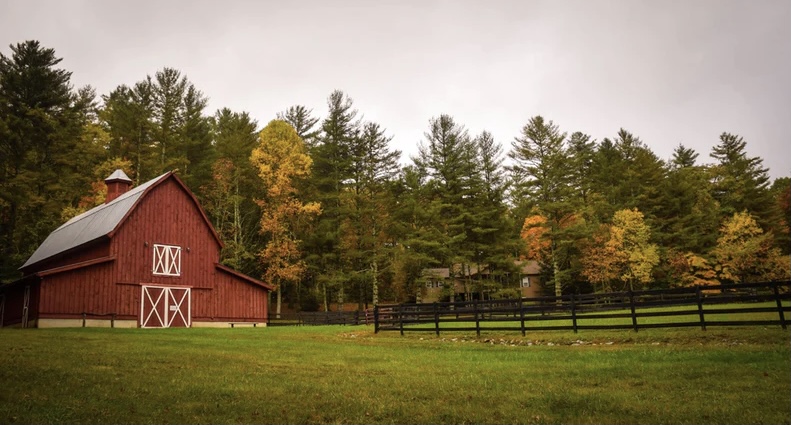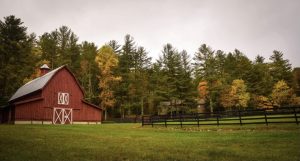
Whole farm planning involves considering the next generation.
If you own a family farm, your wealth is in your work.
You may have inherited the land from previous generations.
Perhaps you plan to pass this family business to your children and grandchildren.
A smooth transfer of a farm does not simply happen.
It takes forethought.
A lot of it.
According to a recent Ohio’s Country Journal article titled “Whole farm planning,” you will need to include business succession planning with your estate planning.

Family farms can benefit from whole farm planning.
Whole farm planning is a comprehensive way of preparing to transfer leadership to future generations.
Whole farm planning starts with analysis.
You should evaluate the physical, fiscal, and personnel status of the business.
Next, consider the internal processes of the farm.
Are they efficient?
Are any resources underutilized?
A thorough review of the profitability, business structure, operating procedures, and employee management should be completed.
Although analyzing internal factors is essential, whole farm planning also includes recognizing external variables whether they be political, environmental, governmental, economic, social, or technological.
The family also should review and discuss their personal values and experiences, to include failures and successes, in the running of the farm.
After compiling your analysis, you can move on to the comprehensive planning element of whole farm planning.
What does it include?
Business Plan.
The business plan will outline the operation and production practices.
Do not forget to address and discuss the marketing, financial, personnel, and risk management aspects.
Retirement plan.
There will likely come a time when you cannot physically work.
If you plan to pass your farm to your children, you may be able to retire.
To plan accordingly, you should know how much money you will require in retirement.
You should outline what obligations the farm has to you when you retire.
Transition plan.
Whole farm planning helps with transitioning the farm to the next generation.
Your plan should ensure the business is set on a firm foundation to exist in the future.
To do so, you should inventory the resources available and required for the farm to be profitable for your children and their children.
Estate Plan.
Failing to include an estate plan in your succession planning could leave your heirs with significant estate taxes to pay.
This tax bill may even threaten the future of the farm itself.
Creating an estate plan with an experienced estate planning attorney is key.
Investment plan.
Over the years, you invested in your farm through your machines, land, and livestock.
You should invest personally to continue growing your nest egg.
This can help you meet your financial needs in retirement.
Whole farm planning is comprehensive in nature and will help you pass your beloved land, vocation, and lifestyle to the next generation.
Reference: Ohio’s Country Journal (Feb. 11, 2021) “Whole farm planning”
REMEMBER: “The choice of a lawyer is an important decision and should not be based solely upon advertisements.”
This statement is required by rule of the Supreme Court of Missouri.
